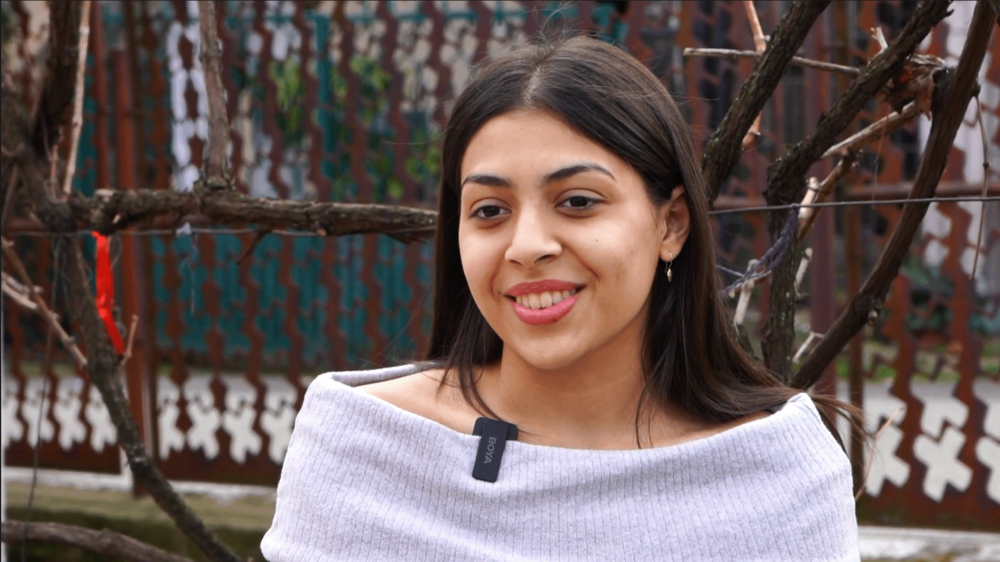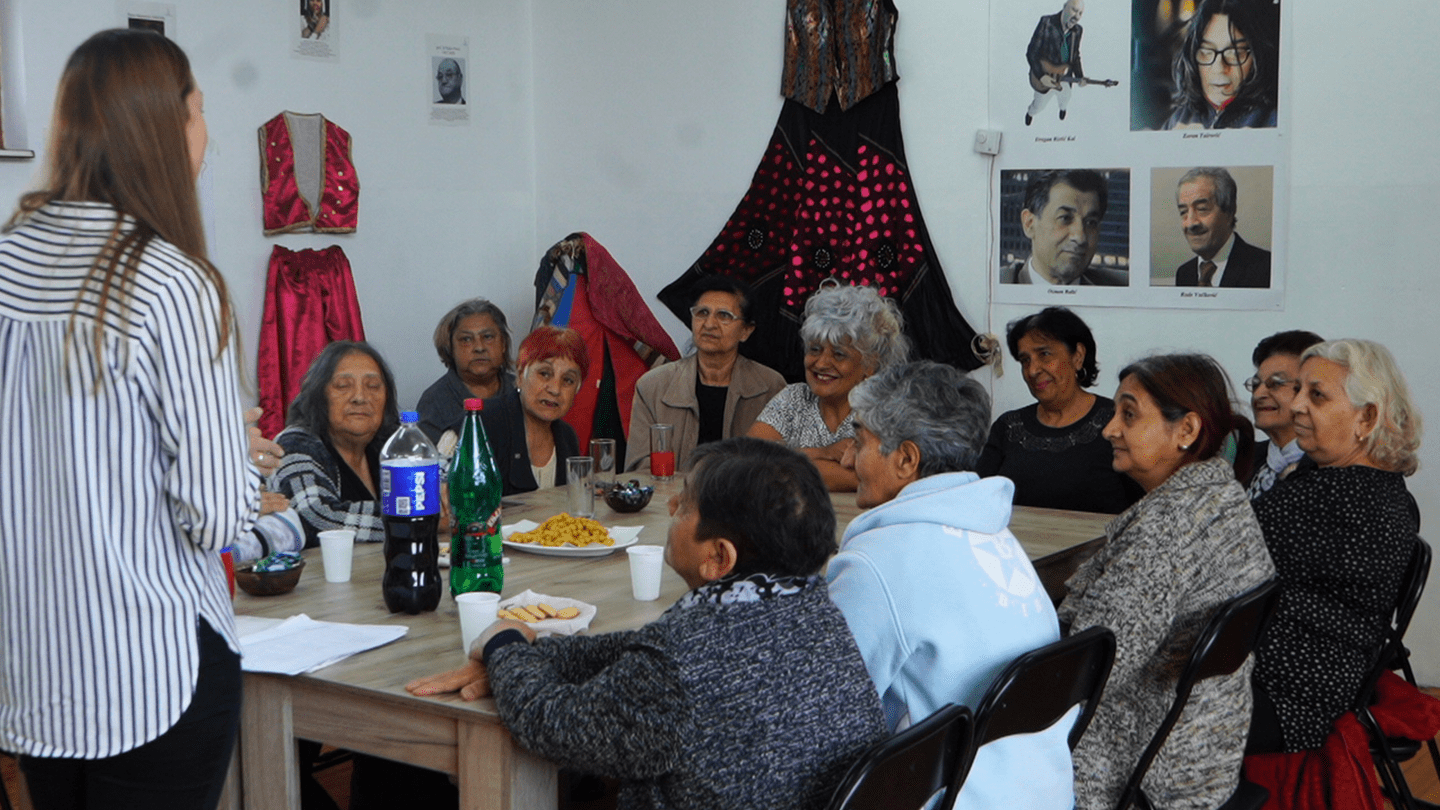During the annual Month of Roma Women's Activism (March 8 - April 8), focus remains on improving the health and rights of Roma women and girls in Serbia. A project implemented by UNFPA Serbia and CSO Roma Women Center Bibija continues to provide targeted education and support in Belgrade, Kragujevac, Leskovac, Pirot, and Šabac.
Roma, are the fourth largest ethnic group in Serbia, numbering 131,936 according to the 2022 census. Roma women and girls in Serbia face significant challenges in accessing healthcare and education, often due to systemic discrimination, poverty, and limited information.
Data from the Multiple Indicator Cluster Survey (MICS) indicates specific challenges in sexual and reproductive health: only 7% are using modern contraception (compared to 21% among the general population) and only 56% can make autonomous choices about their bodies and health. At the same time, 1 in 3 women in Roma settlements aged 15–19 years have given birth or are currently pregnant, and 3 percent gave birth before the age of 15. These inequalities are compounded by limited access to primary care and preventive services, leaving Roma women and girls more vulnerable.
The project addresses these disparities through workshops on sexual and reproductive health and rights (SRHR), covering topics such as puberty, family planning, menopause, disease prevention, HPV vaccination, and the consequences of early marriage and adolescent pregnancy. Roma women of three age groups- adolescent girls, women in their reproductive age and older women- also receive information on healthcare system access and rights.
To date, 160 of the planned 200 workshops have been conducted across five cities, facilitated by 10 local Roma educators. Each settlement received six age-specific and two joint workshops, promoting open dialogue on relevant health issues. The peer-led approach facilitates a secure environment for information sharing.
"One of the topics that meant the most to me in the workshops was early marriages. Roma children enter into sexual relationships at a very young age, and because of that, whether unfortunately or not, they become pregnant, then enter into a marital or non-marital union, and are not happy in that union. Therefore, I think this topic is very important and that it contributed to changing our way of thinking." - states Sara, workshop participant in Kragujevac.

Photo credits: Miloš Simić
This initiative marks a vital step toward breaking barriers and promoting equal opportunities for Roma women, reinforcing their right to health, dignity, and informed choices.
This project is supported by funding from MSD, through its Solutions for Healthy Communities global grants program, which intends to advance equitable access to health care around the world through innovative community-led solutions.
Photo credits: Miloš Simić


